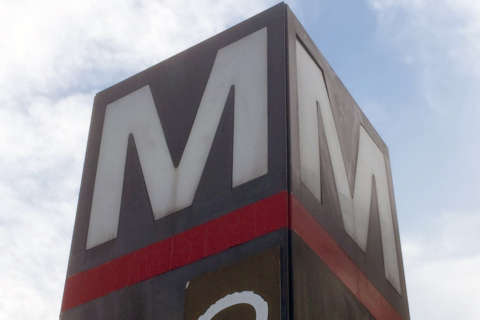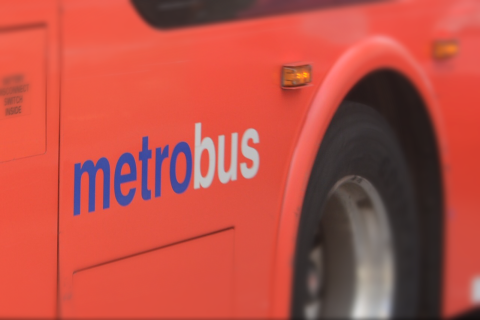WASHINGTON — Metro’s largest union voted by a wide margin Sunday to authorize a strike, although it is not clear if or when a region-paralyzing strike might actually happen.
Amalgamated Transit Union Local 689 held the strike authorization vote following two instances in the past two weeks where a significant number of workers reported to work late in protest of Metro management.
The vote permits union leadership to call a strike but does not require one. Union leaders have not said how much notice, if any, would be provided before any disruption, but it is not clear what exactly Metro management could offer to head off a strike.
“Enough is enough,” ATU 689 First Vice President Carroll Thomas said.
Strikes and other labor actions are not permitted at Metro. In exchange, the system has binding arbitration to handle disputes. An arbitration panel is expected to rule soon on a new contract for ATU 689 to replace the one that expired two years ago.
It is not clear what specifically the union wants in return for avoiding a strike or further labor actions, and workers were not provided with any list of demands the union would make of Metro.
“The members have said that they are tired. They are fed up with the disrespect that this general manager and his executive leadership has for our collective bargaining agreement and the workers here at WMATA,” Local 689 President Jackie Jeter said.
Union leaders have generally complained about what they say is disrespect from Metro management and changes to some work rules or locations, but the only specific issue raised Friday as part of the initial strike threat was a complaint that workers were being disciplined for coming to work late on Thursday as part of the most recent “late out.”
Jeter said the “last straw” was Metro shifting union custodians to work in rail stations and other public-facing facilities rather than having any of those positions continue in internal offices or rail yards. The union is concerned it could lead to additional private contracting, although the shift did not lead to any reduction in the number of jobs held by union members.
On Thursday, about one in five morning buses were delayed or did not run at all, which Metro said delayed thousands of riders.
The strike authorization vote pushed the dispute closer to an even more significant disruption.
She asked for the public to push Metro to treat workers better. Jeter said she is supposed to provide a five-day notice to Metro to get her executive board all off work at the same time in order to hold a meeting where a strike could be called, but also said riders and the region should wait and see on when or if a strike might occur.
“What I say to the riders is this: Know that we have just as much of the public’s welfare in our concern as we do for the workers,” Jeter said.
Even one rail line or a significant number of bus routes being slowed or shut down leads to significant increases in traffic delays.
“Unfortunately, it could be total chaos, because the people of this region depend on public transportation,” Thomas said following Sunday’s vote.
“Do we want this? Not at all. But this membership is tired. This membership is tired of being bullied,” Thomas said.
WTOP’s Liz Anderson contributed to this report.







